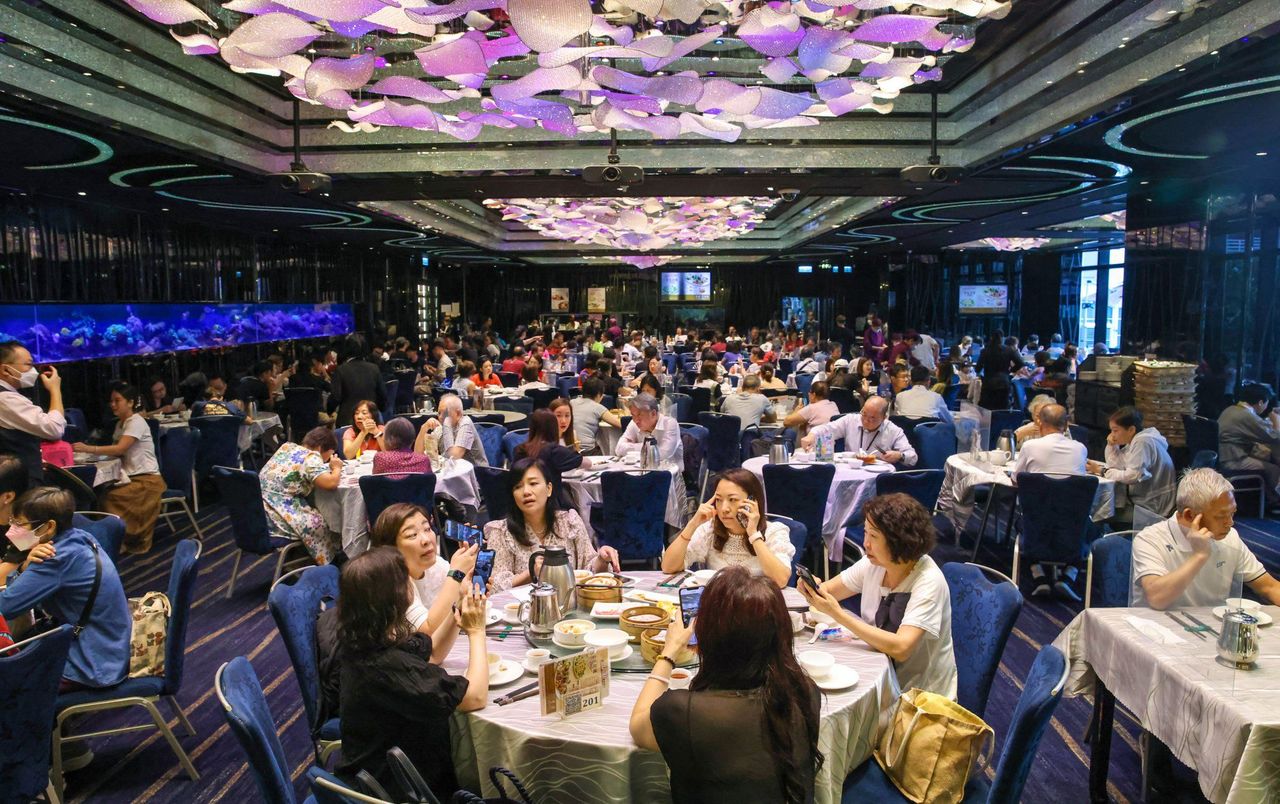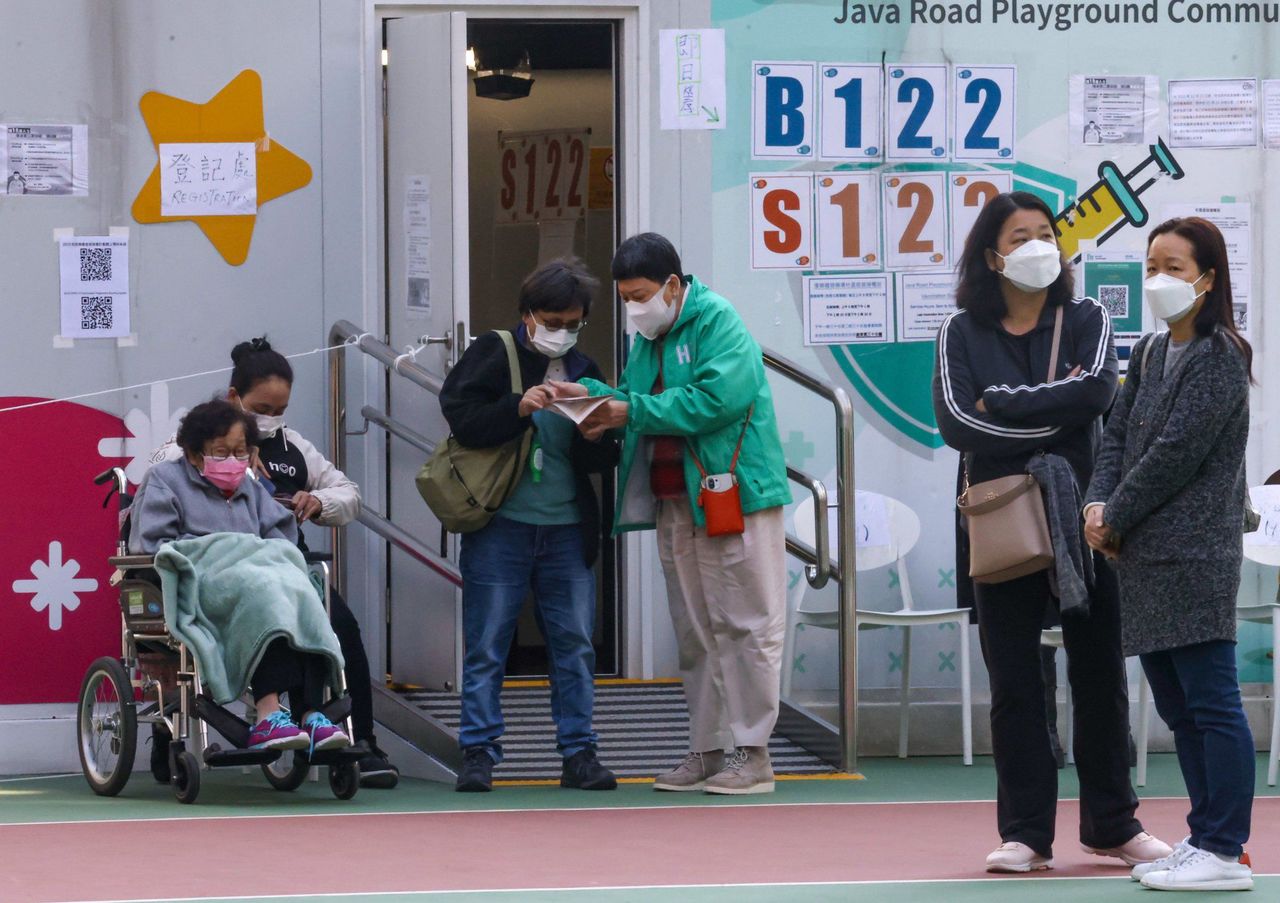Hong Kong News

Hong Kong is lifting Covid curbs big time. Here are travel must-knows
Hong Kong on Wednesday announced its most drastic easing of travel curbs and Covid-19 policies since the pandemic emerged nearly three years ago, exempting inbound passengers from post-arrival tests, dropping the vaccine pass scheme and all social-distancing measures.
The move came on the back of Beijing’s announcement two days earlier to scrap mandatory quarantine for arrivals and reopen China’s borders from next month.
The Post unpacks what travellers can expect when visiting Hong Kong.
1. What must I do before departing for Hong Kong?
All arrivals, including those from mainland China, Taiwan, Macau and other countries, will have to obtain a negative result from a polymerase chain reaction (PCR) test or rapid antigen test (RAT) 48 or 24 hours respectively before their flight.
They will no longer need to fill in a health declaration form before their arrival, but they must show their test report when asked by government officers.
Non-residents from overseas will need to be fully vaccinated to enter the city. For BioNTech, Sinovac and Moderna vaccines, two doses are required. One shot is needed for the CanSinoBIO and Janssen jabs, and three for the Anhui Zhifei Longcom Biopharmaceutical vaccine.
Visitors from the mainland and Taiwan are not required to be vaccinated before entering Hong Kong.
2. What’s required on arrival?
All arrivals, including those from mainland China, Taiwan, Macau and overseas, will no longer need to undergo PCR tests after landing in Hong Kong.
They will only be recommended to conduct a daily RAT for six consecutive days.
As the vaccine pass scheme will be axed from Thursday, people in Hong Kong – including travellers – do not need to be triple-vaccinated to enter premises such as restaurants, bars and gyms.
 Limits on banquets and eateries in Hong Kong will be lifted from Thursday.
Limits on banquets and eateries in Hong Kong will be lifted from Thursday.
But mask-wearing is still required in public places – except when exercising outdoors – and on public transport.
3. What happens if I catch Covid-19 in Hong Kong?
Those who test positive via RAT or PCR in the city will need to report their infection on the government website and receive an isolation order.
All Covid-19 patients in the city have to spend at least five days in isolation at home or at any residence of their choice. They will be sent to government-run facilities if they have to share a bathroom with uninfected family members or roommates.
Such patients will be released if they are RAT-negative on the fourth and fifth days of isolation.
Close contacts of Covid-19 patients are no longer required to quarantine. They will receive health recommendations from authorities on reducing transmission risks.
Isolation supplies for close contacts will also be cut, but the government will continue to send these to infected people.
4. Can I get vaccinated in the city?
Non-residents can receive their first two doses of the German-produced BioNTech or Chinese-made Sinovac vaccines for free during their stay, but are limited to first-generation shots. They can make appointments at any post office.
They can only get free first-generation booster shots only if they are allowed to stay in the city for 30 days or more.
 Residents in line for vaccination at North Point.
Residents in line for vaccination at North Point.
Only non-locals who had earlier received Covid-19 shots in Hong Kong can get the bivalent BioNTech vaccine or the paediatric and toddler version for free.
They can also opt for paid vaccination programmes at private doctors, clinics and hospitals.
5. How much do I have to pay for medical consultation if I’m infected?
To ensure Hong Kong residents will have priority access to public medical services, non-residents will be unable to enjoy the services of the government’s designated clinics and teleconsultation for Covid-19 patients.
Emergency rooms at public hospitals will provide services to Covid-19 patients who have urgent needs. Non-residents will have to pay HK$1,230 (US$158) for emergency services based on existing policies.
They will have to pay more than HK$6,000 for treatment at public hospitals if the procedures involve antiviral pills.
Infected non-residents can seek medical help and obtain antiviral pills at private clinics and hospitals at their own costs.
6. When will the border with mainland China reopen?
Chief Executive John Lee Ka-chiu on Wednesday said the government aimed to resume quarantine-free travel with the mainland before January 15, stressing this must be conducted in a “gradual, orderly and comprehensive manner”.
He said authorities wished to reopen land, air and sea checkpoints gradually, adding they would need time to streamline procedures after three years of closure.











